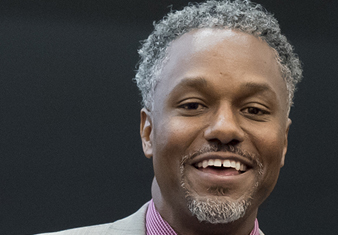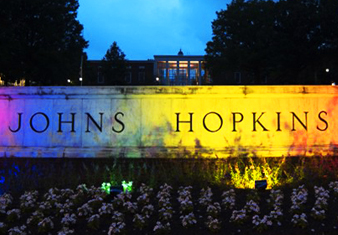
Combating Sexual Assault
Clearer policies and procedures to prevent misconduct.
Like many colleges and universities across the country, Johns Hopkins has been evaluating and expanding its response and resources dedicated to sexual violence. The process has included drafting new policies and streamlining the reporting process while also finding out how community members—especially students—feel about the climate and culture on our campuses.
Johns Hopkins unveiled a new sexual misconduct policy in August 2015 to consolidate several existing policies into one and outline a new, streamlined process for the review and resolution of cases. In January 2016, the university released findings from a survey of nearly 4,000 students who took part in a sexual violence climate survey in spring 2015. The results, which affirmed that sexual misconduct is “a serious and complex problem” on JHU’s campuses, will guide the university’s continuing efforts to raise awareness, improve policies, expand educational programs, and offer support to those affected.
Since then, the university has expanded its Title IX team to include four full-time investigators, a case manager/paralegal, a deputy Title IX coordinator in addition to our assistant vice provost and Title IX coordinator. The university has also enhanced its Counseling Center services to include two new positions: director of outreach and sexual assault services and sexual assault specialist. To coordinate our reporting requirements under the Jeanne Clery Act, the university also hired its first Clery compliance specialist, has entered into a memorandum of understanding with the Baltimore Police Department, and has an MOU in progress with Turnaround Inc., a confidential resource in Baltimore for victims of sexual assault.
The Office of Institutional Equity at the university recently launched a “We’re Here for You” campaign to raise awareness of the many resources (confidential and nonconfidential) available to students, faculty, and staff in response to sexual assault. OIE works in partnership with Campus Safety and Security, Student Affairs, and Human Resources to address issues of sexual misconduct in our campus community.
Photo: Kevin Shollenberger, vice provost for student affairs; Terry Martinez, associate vice provost and dean of student life; and Jennifer Calhoun, special adviser to the vice provost for student affairs. All three have been instrumental in the university’s efforts to combat sexual misconduct.


